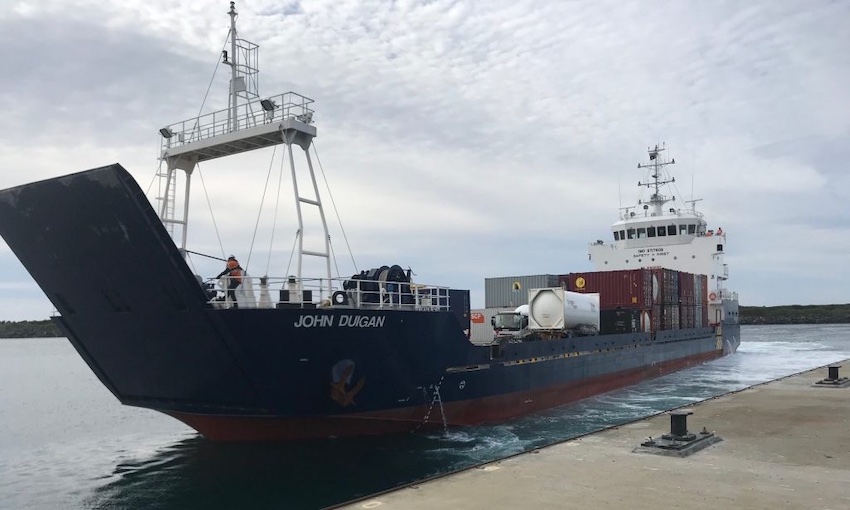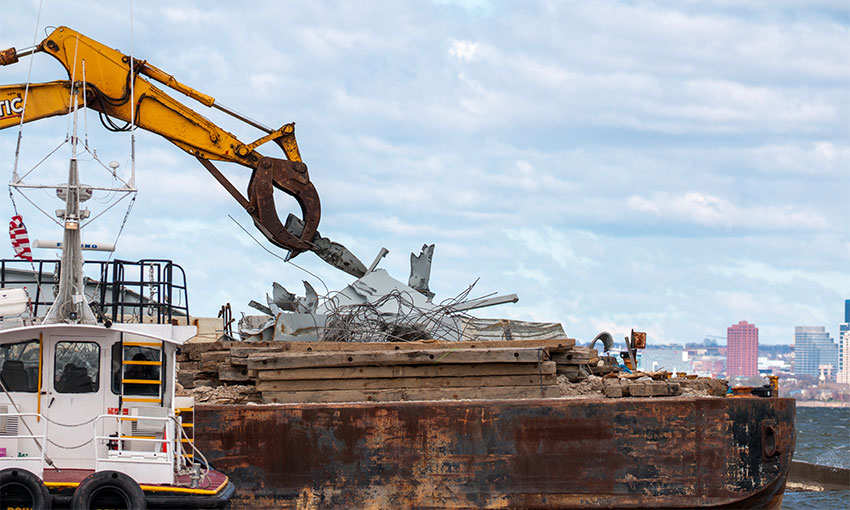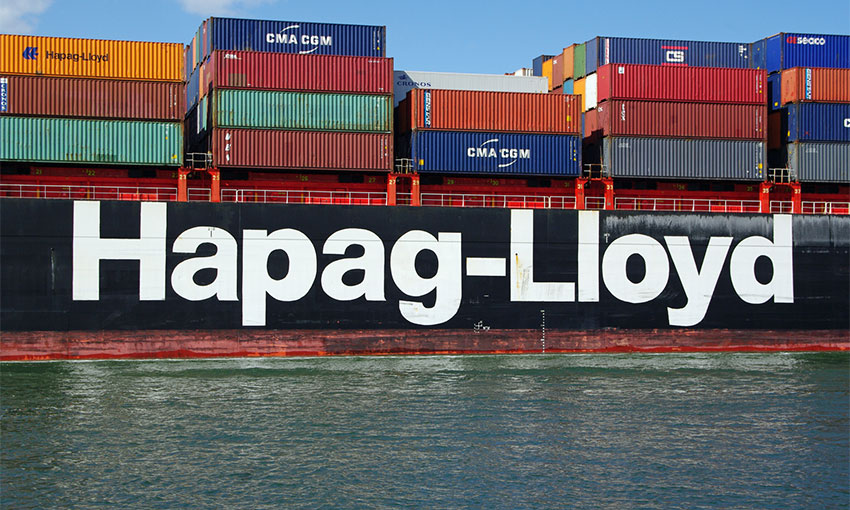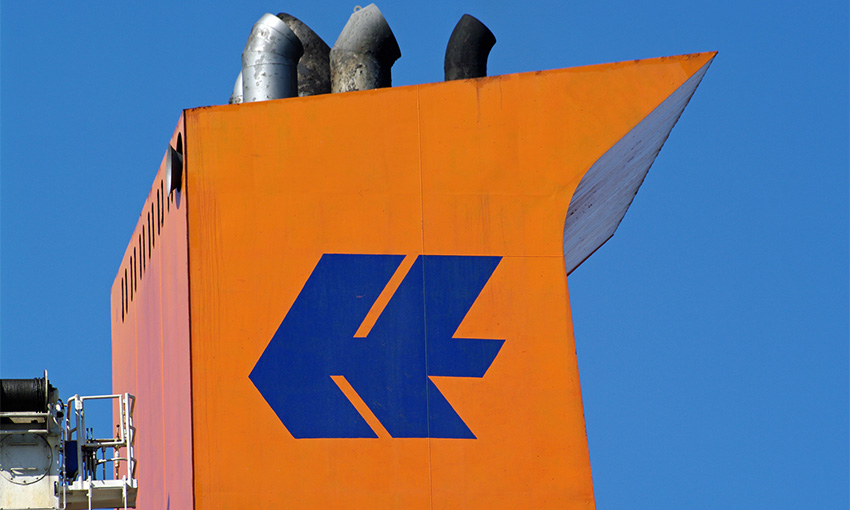BASS Island Line (BIL) confirmed it will move to a weekly service between King Island and Devonport and drop its Victorian port call, instead implementing a transhipping service between Devonport and Victoria for customers.
TasPorts chief operating officer Stephen Casey said the changes will take effect from 14 March 2022.
“These changes are in direct response to customer demand. In recent years the demand for a Victorian port call has continued to decline to a point that continuing to offer the service is financially unsustainable.
“Alongside this, we know through consultation with our customers that the preference is for a Devonport port call as opposed to the existing Bell Bay port call for the Tasmanian connection,” Mr Casey said.
As part of this transition, TasPorts will implement a transhipment service to Victoria via Devonport, ensuring that our customers who still require this have ready access.
“This will be provided by SeaRoad, a Tasmanian company with a strong, proud history of providing Bass Strait shipping services,” Mr Casey said.
To facilitate the Devonport port call, TasPorts has invested more than $2.4million in the construction of a new multi-user roll-on-roll-off ramp at the port. Commissioning of the ramp started earlier this week with a successful trial run undertaken by the John Duigan.
As part of implementing this service change, BIL has undertaken a review of freight costs.
“Pleasingly, we have been able to achieve a reduction in rates for the King Island/Devonport leg,” Mr Casey said. “Approximately 70% of the freight task will benefit from a reduction in cost on this leg.”
As an example, customers transporting a heavyweight container or reefer, up to 26 tonnes, will benefit from a more than $600 saving between King Island and Devonport, including the return of an empty container.
“There will be an increase in rates for cargo requiring transhipment to Victoria however, we have worked hard to ensure these rates are fair and reasonable. Importantly, in assessing the best transhipment model, the transport of dangerous goods and time sensitive freight were key considerations,” Mr Casey said.
“We believe the seamless transhipment arrangement will deliver the best solution for customers.”
Mr Casey said BIL is working with its customers on the transition and is committed to providing a “financially sustainable shipping service which meets the needs of the King Island community”.





